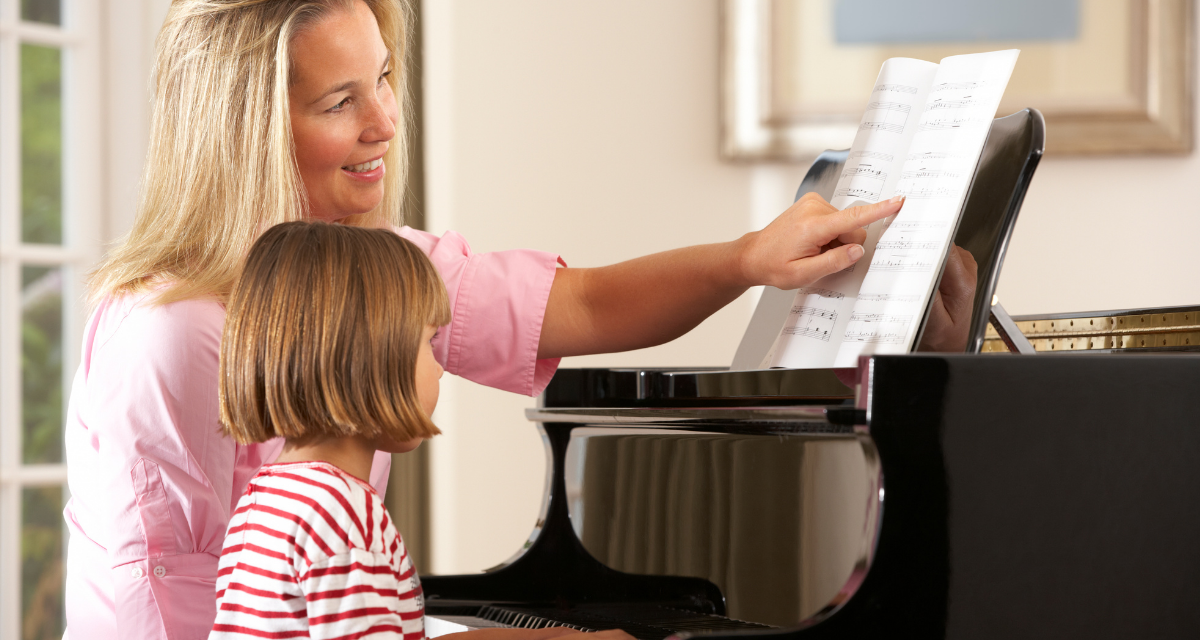
Can Music Improve a Student’s Behavior and Academics?
As educators and parents, we are always interested in figuring out solutions to problematic issues that students encounter in the school system nowadays. After all, if the kids have fewer problems, then we adults will have fewer problems. There is perhaps an answer to some of the issues students have academically and behaviorally that we are currently overlooking.
Music can do much more for the human psyche than we give it credit for. The old saying that has been around for centuries, “music soothes the savage beast”, speaks of how music can positively affect even the roughest of individuals. But what if that is just the beginning? Can it improve a troubled student’s behavior and academics?
Background Music
When we think of background music, perhaps we imagine our favorite tunes playing as we do adult things like wash dishes and mow the yard. You know, things that don’t take much concentration so our minds can wander as we get our chores done. But we must look more closely at background music for our students.
The British Journal of Special Education published a study that demonstrated the positive effects of calming background music in the classroom with students with behavior and emotional difficulties. Both academics and behavior were improved when the calming background music was introduced, and these students performed better and caused fewer interruptions in the classroom.
Taking Music Lessons
I’ll admit that I have tried to learn about five different instruments over the years and have failed at each one. The first instrument I picked up was in third grade, and I tried my hand at learning the trumpet. I figured it only had three buttons to push on it so that I could master it in no time. It didn’t work out that way. But still, maybe it did provide me other benefits at the time that I was not aware of.
Here is the plain and simple truth: Students who take music lessons usually perform better academically. A study that was published in the Journal of Educational Psychology consisted of 110,000 Canadian students. The high school students who played musical instruments had higher scores in Science, English, and Math exams than their peers who did not play instruments.
On the Opposite End
Keep in mind, though, that if music also can calm students, it may rile them up as well. Fast tempo music has been shown to increase heart rate and get the blood moving in the body to promote energy. This is why it seems half the people at the gym all have their earbuds in to listen to their workout soundtrack. Music can get people excited just as much as a high caffeine energy drink.
Plus, there is plenty of music out there that encourages poor behavior as well. So if you are a teacher or parent wanting to see how music can positively affect your child, choose the songs wisely.
Let iAchieve Help with the Music Lessons
Suppose you would like your child to take music lessons and hopefully improve their behavior and academics at the same time. In that case, iAchieve offers music lessons for just about every instrument you can think of. Also, we can conduct these online or in-person depending on the situation or location.
Read More Related Blog Posts
4 Famous Musicians that Struggled in School



